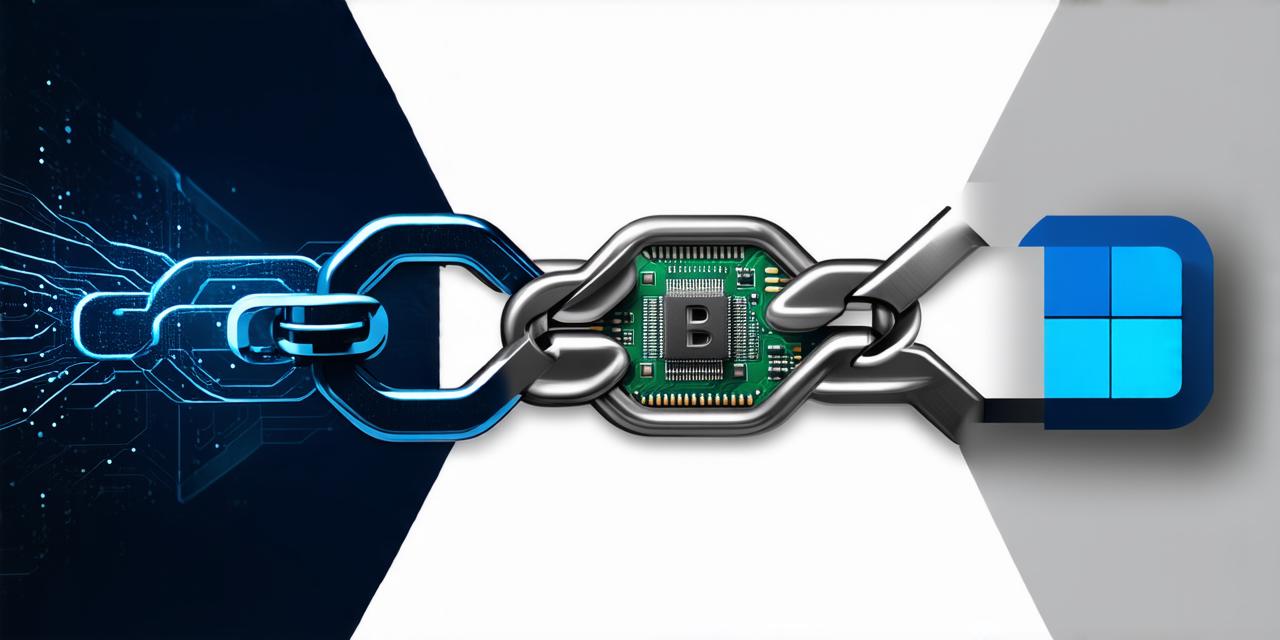Blockchain technology has been rapidly gaining attention in recent years due to its potential to revolutionize various industries. It is essentially an electronic ledger that records transactions across multiple devices and networks, making it virtually impossible for any individual or group to manipulate the data.
This technology is best known as the underlying technology behind cryptocurrencies like Bitcoin, but it has far greater implications than just financial transactions.
What is Blockchain?
To understand the significance of blockchain, we need to first understand what it is. A blockchain is a decentralized digital ledger that records transactions in blocks. Each block contains a timestamp and a cryptographic hash of the previous block, making it virtually impossible for any individual or group to manipulate the data without being detected.
The Benefits of Blockchain

There are several benefits of blockchain technology that make it appealing to various industries. These include:
- Increased security: Since the data is decentralized and distributed across multiple devices and networks, it is much harder for hackers or other malicious actors to manipulate it.
- Improved transparency: Blockchain technology provides a public ledger that is accessible to anyone with an internet connection. This allows for increased transparency in transactions and makes it easier to track and verify the authenticity of data.
- Reduced costs: By eliminating the need for intermediaries like banks or other financial institutions, blockchain technology can significantly reduce transaction costs. It also reduces the risk of fraud and errors, which can further save money.
- Increased efficiency: Blockchain technology allows for faster and more efficient transactions by eliminating the need for intermediaries and automating many processes. This can lead to significant time savings and increased productivity.
- Enhanced traceability: Blockchain technology provides a detailed record of every transaction, making it easy to track and verify the origin and destination of goods or services. This can be particularly useful in industries like supply chain management, where it is important to ensure that products are made ethically and sustainably.
Real-Life Examples of Blockchain in Action
There are several real-life examples of blockchain technology being successfully implemented in various industries. These include:
- Supply Chain Management: Walmart has partnered with IBM to implement a blockchain-based system for tracking the origin and movement of food products. This has helped reduce food waste and improve food safety by providing a detailed record of every step in the supply chain.
- Voting Systems: Several countries have implemented blockchain-based voting systems, including Estonia and West Virginia. These systems provide increased security and transparency in voting processes, making it easier for voters to trust the results.
- Identity Verification: Blockchain technology can be used to create secure and tamper-proof identity verification systems. This can help reduce fraud and improve access to financial services for individuals who do not have traditional means of identification.
- Healthcare: Blockchain technology can be used to store and share medical records securely, making it easier for healthcare providers to access and share information. This can lead to improved patient outcomes and reduced costs.
